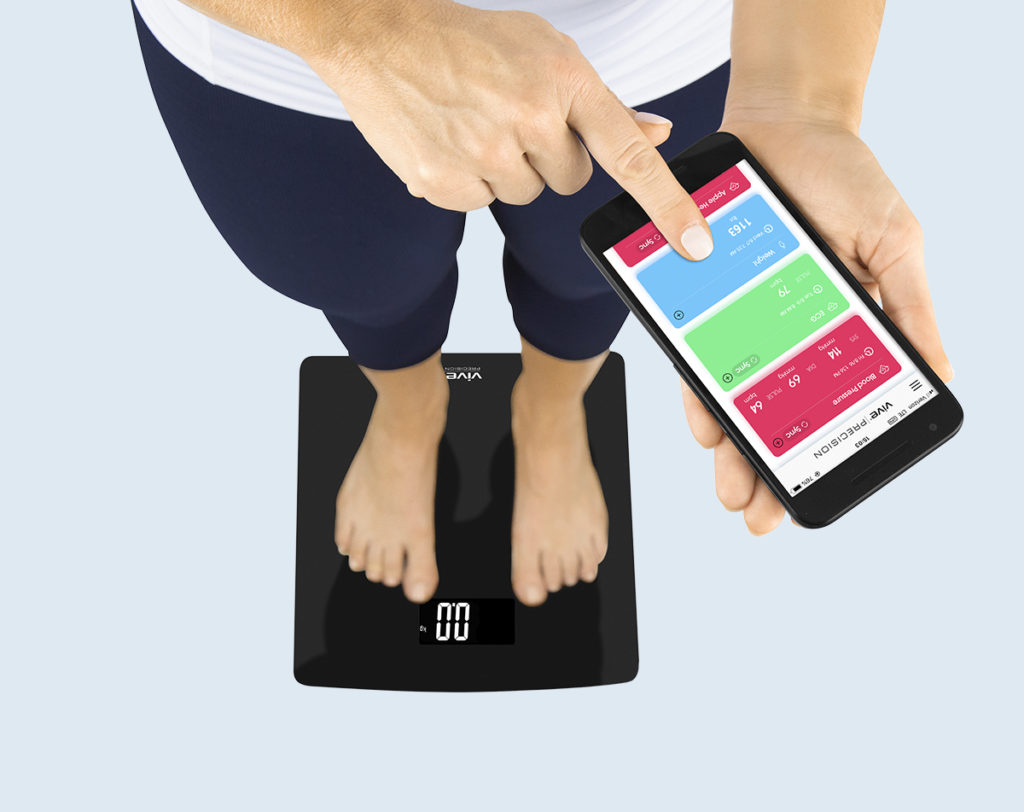Congestive Heart Failure and Congestive Heart Failure Monitoring
Congestive Heart Failure (CHF) develops when the heart fails to pump blood at a normal rate. The abnormality of cardiac (heart) function may be detectable or not.
That is the key point. Many people do not even know they have CHF and monitoring your heart and blood pressure can provide important clues to you and your healthcare provider.
People suffering from CHF may have different signs and symptoms ranging from trouble breathing, chest pain or pressure, and fatigue or weakness to fast heart-rate or a weak, rapid, and thready pulse.
Many healthcare providers categorize CHF severity on the person’s limitation of physical activity or current symptoms. The problem is that it is possible for the person to have no symptoms even if the CHF is significant.
CHF can occur in near-normal cardiac function under conditions of high demand, meaning either physical or psychological stress.

CHF always causes failure of the blood to circulate properly. But the opposite is not always true since noncardiac conditions such as loss of blood or septic shock (severe infection) can cause cardiac failure in the presence of normal or near-normal cardiac function.
The heart compensates by various methods such as increasing the blood volume, heart rate or the cardiac muscle mass. Despite all of this, the heart loses its ability to contract and relax properly, leading to CHF.
While many people with CHF have signs such as exertional dyspnea or shortness of breath with exercise and orthopnea or shortness of breath that develops while lying down and is relieved by elevating the head with pillows, many people with CHF do not have any warnings.
Your healthcare provider will perform a careful evaluation including an extensive patient medical history and physical examination. However, other studies and tests may be needed to identify what your cardiac abnormalities are or what can lead to worsening conditions or putting you at risk.
Some of the best treatments are preventative. Any type of monitoring will help you and your healthcare provider anticipate and be better prepared for any circumstances with your heart and circulation.
In many cases, with the knowledge that there may be issues with your heart rate, blood pressure, or heart rhythm, your healthcare provider may be able to prescribe different medications such as diuretics, antihypertensive medicines, digoxin, or anticoagulants so a worsening of your CHF may be avoided.
In addition to monitoring tools, lifestyle changes can also play a crucial role in managing CHF. This includes eating a healthy and balanced diet, maintaining a healthy weight, and engaging in regular physical activity as recommended by your healthcare provider. Avoiding alcohol and quitting smoking can also have a positive impact on your heart health and reduce the risk of CHF complications.
It is important to seek medical attention if you experience any symptoms of CHF, such as shortness of breath, chest pain or pressure, or fatigue. Your healthcare provider can work with you to develop a treatment plan that is right for you and monitor your progress. With the right care and monitoring, CHF patients can lead fulfilling lives and manage their condition effectively.
At Vive RPM, we offer tools such as connected weight scales that allow CHF patients to monitor their weight daily and transmit the data in near real time to their providers.
As an example, for CHF patients, many healthcare providers have reported that catching fluctuations in a patient’s weight in addition to blood pressure readings prior to the patient’s next appointment provides valuable information that improves clinical outcomes. Digital health tools that allow for remote congestive heart failure monitoring are essential to further improve outcomes.
Ajay Singh, Value-Based Care Advisor
15+ years of physician practice experience, leading care transformation efforts for over 50 health systems.
Read our last blog here about Reducing Staff Burnout with RPM.









